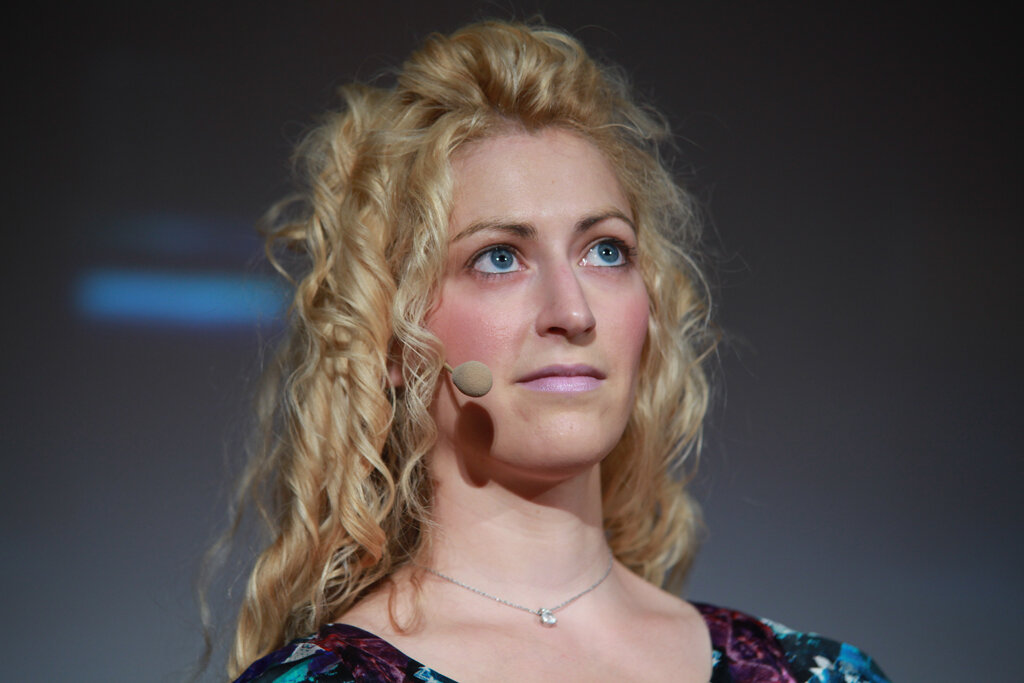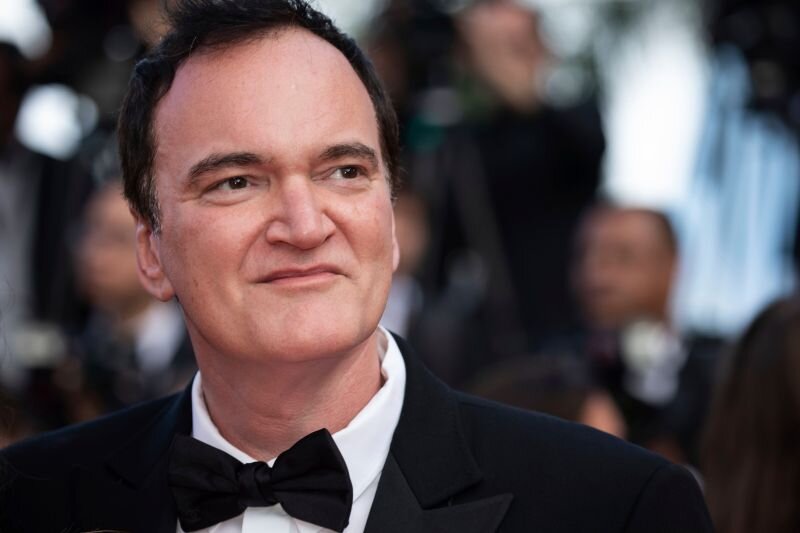Welcome.
Have a seat on the couch. Plug your headphones in for the dishes. Strap in for the long car ride. Let’s chill for a bit.
I’m so happy to have you as part of the 3 Books community. Welcome 3 Bookers! Welcome, Cover to Cover Club Members! And welcome, Secret Club Members. Thank you for being part of our ridiculous conversation over nearly 15 years. I was in my late 30s when I started 3 Books and I’ll be in my early 50s when I’m done.
What a joy this pilgrimage has been so far! Just think about the amazing conversations we’ve had this year. Quentin Tarantino from his writer’s studio. Shirley the Nurse in the gas station parking parking lot. Did you like Zafar in Chapter 89? Did you fall in love with Zafar the Hamburger Man like I did? How about Brené Brown, Adam Grant, Georges Saunders, Dave Eggers, Douglas Rushkoff, and Jenny Lawson? It’s been a wonderful year. And it’s not over. It’s just getting better and better.
Today I have someone who Tim Ferriss describes as a “philosopher-operator and poet-recluse of the highest order.”
A very apt and astute description.
Because who exactly is Derek Sivers?
Well, he’s a guy who’s given three TED Talks with over nine million views like: How to Start a Movement, Keep Your Goals to Yourself, and Weird, Or Just Different? (I actually used his TED Talks as part of leadership training at Walmart!) His “first follower” principle was a wonderful introduction in Leadership 101. A three-minute TED Talk substituting for a year in a college lecture hall.
And maybe that’s kind of … Derek.
A master distiller boiling things down into their most vital, vital components. His website Sivers.org is like a minimalist website from 1997. Looks like Amazon before they launched graphics. Yet it’s extremely functional and absolutely teeming with wisdom.
It’s also the only place to get his books!
Yes, books. Many books!
He writes and publishes them on his website. He doesn’t care about going through the big publishers and he doesn’t care about being available on Amazon.
I just read and recommended Hell Yeah or No: What’s Worth Doing in my book club and can’t wait to get his new book How To Live.
Sometimes I wish I could write as pithy and wise as Derek. A good example of that is in my most recent book, You Are Awesome, I was looking for a way to open the book and I came across this Taoist fable called The Farmer with One Horse. A couple thousand year old story! I spent so much time looking for the absolute tightest, shortest version of the fable and guess where I ended up? Sivers.org, of course. I asked Derek if I could use his version of the fable as the opening to my book and he said yes.
Kind Derek, generous Derek, singular Derek.
And Giver Derek. Why does he give so much? Why does he post his personal email address and answer every email? Why does he sell his hardcover books … at cost!? What’s behind all this? Well I asked him and I think his answer might surprise you.
Derek Sivers is one of the most innovative thinkers around.
Buckle up, take a seat and let’s listen to him share wisdom on things like: why you should rename the rooms of your house, why you should aspire to read slow, why it is more important to question answers than answer questions, what is the game of catch that is played between readers and writers, what can we learn from the grandfather of self-help, how can we learn to distill big thoughts into small words, how can we thrive in an unknowable future, how do we prepare for death and financial insecurity, why shouldn’t we try to remember people’s names, what is the slightly counterintuitive purpose to any conference that you go to in person, why should we consider changing jobs every couple of years, what would you have talking parrots say in a utopia, and, of course what are the eminent Derek Sivers’ three most formative books…
Are you ready?
Let’s turn the page into Chapter 90 now…
What You'll Learn:
Why should you change the names of the rooms in your house?
Why should you learn slow?
Why is it more important to question answers than to answer questions?
Why should we take the time to revisit our reading?
What is the game of catch between the reader and the writer?
Who was the grandfather of the Self Help Movement?
What is Stoicism?
How can we thrive in an unknowable future?
How do we prepare for death?
How do we prepare for financial insecurity?
Why should we separate what we love from what makes money?
When shouldn’t we learn to remember people’s names?
How can we optimize time at conferences?
How can we make people listening to us like us?
How do we stop worrying and start living?
Why should we consider changing jobs every 2 years?
Why does risk lead to growth?
What is delayed gratification and why is it so important?
What are the different time focus types and how do they change one’s view of the world?
How should we measure success?
What is flow?
How can we make time for reading?
Notable quotes from derek sivers:
“I'm a half-ass writer, but a ruthless editor.” Derek Sivers #3bookspodcast
“I think the best marketing is just being considerate.” Derek Sivers #3bookspodcast
“I'm more of a cataloger of ideas and not a cataloger of books.” Derek Sivers #3bookspodcast
“The less you say the more likely they are to hear it.” Derek Sivers #3bookspodcast
Connect with derek:
word of the chapter:
Resources Mentioned:
Derek’s first book [19:55]
Derek’s second book [50:40]
Derek’s third book [1:01:07]
TED Talk: How to start a movement by Derek Sivers
TED Talk: Weird, or just different? by Derek Sivers
TED Talk: Keep your goals to yourself by Derek Sivers
Don’t quit your day job podcast by Cathy Heller
8 More ways to read (a lot) more books by Neil Pasricha article
The notecard system by Ryan Holiday
How to Read a Book by Derek Sivers
How to Read a Book by Mortimer Adler
How to Win Friends and Influence People by Dale Carnegie
How to Stop Worrying and Start Living by Dale Carnegie
A Guide to the Good Life: The Ancient Art of Stoic Joy by William Irvine
How to thrive in an unknowable future by Derek Sivers
How to do what you love and make good money by Derek Sivers
Taoist fable - The man with the horse - Derek Siver’s version
Brave New World by Aldous Huxley
Your Music and People by Derek Sivers
Range by David Epstein
TED Talk: The Psychology of Time by Philip Zimbardo
Quiet by Susan Cain
Infinite Jest by David Foster Wallace
Flow by Mihaly Csikszenmihalyi
The Happiness Project by Gretchen Rubin
The How of Happiness by Sonja Lyubomirsky
Brave Not Perfect by Reshma Saujani


































